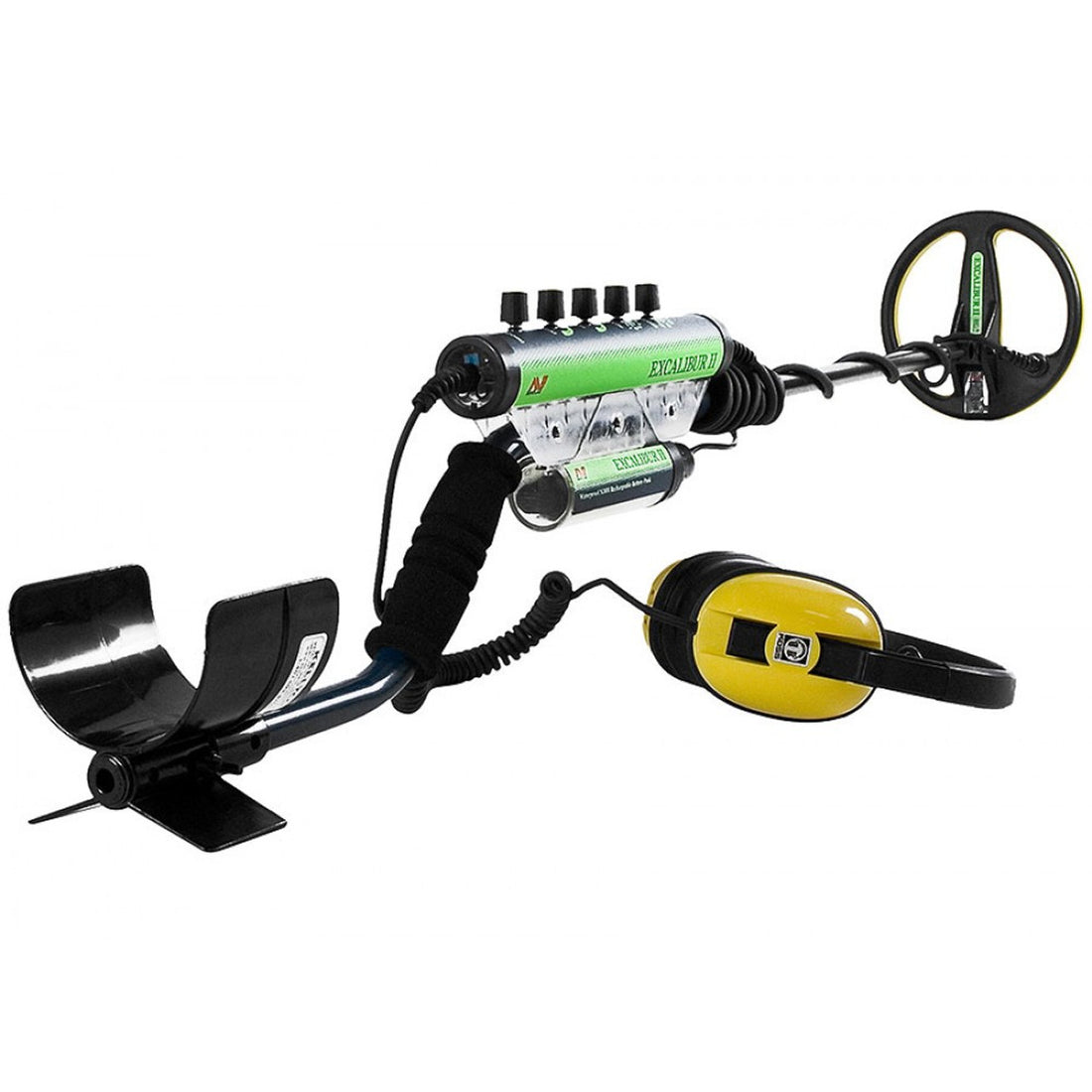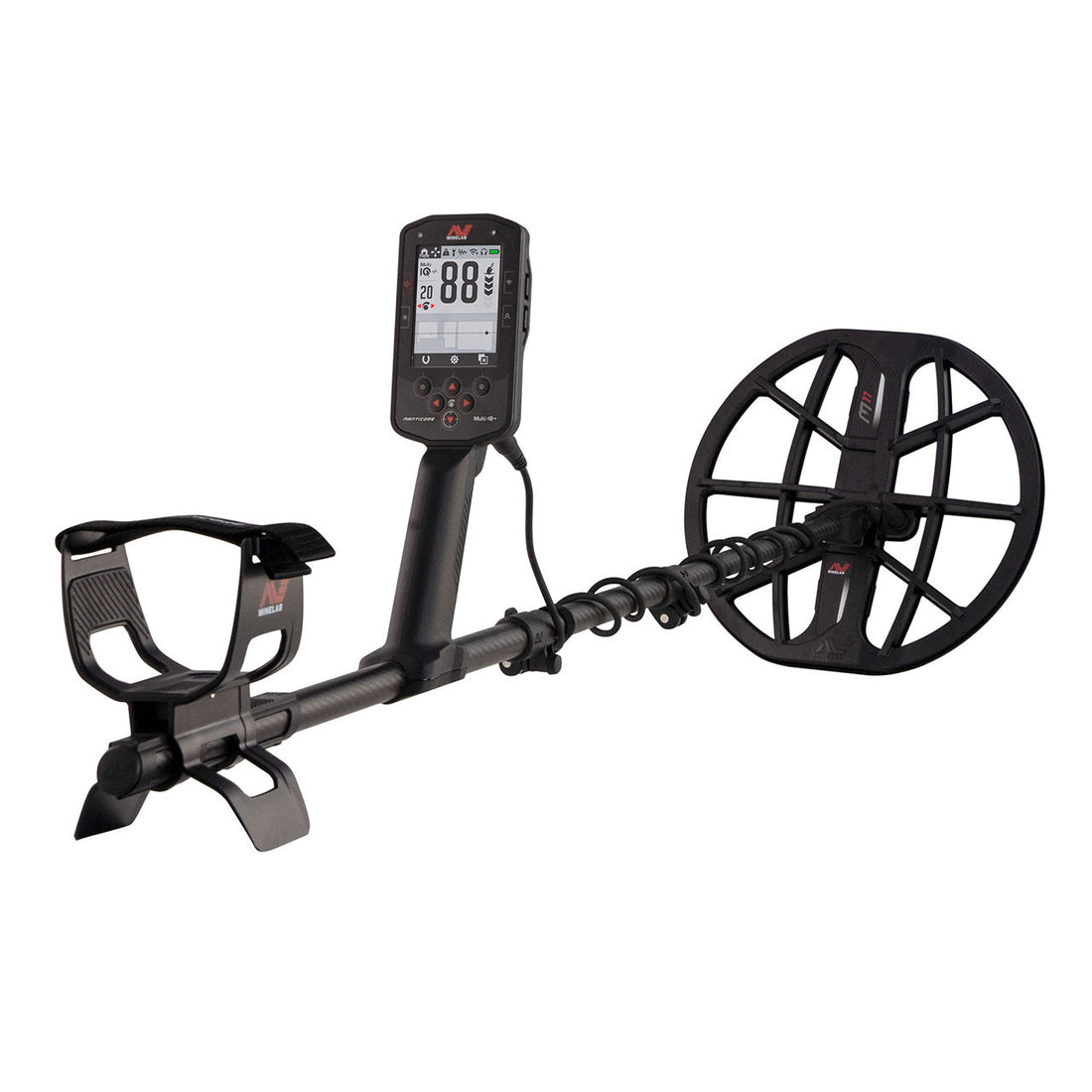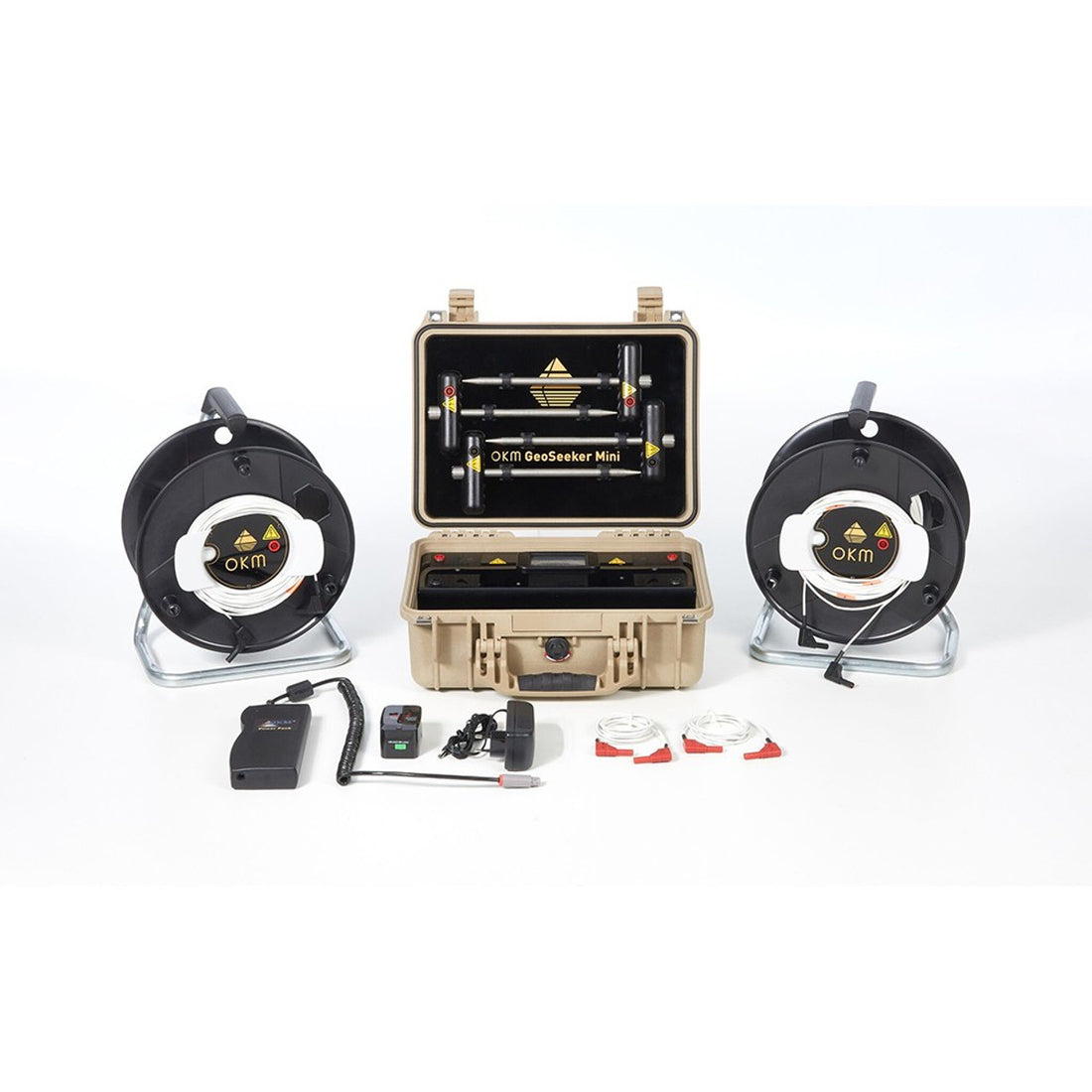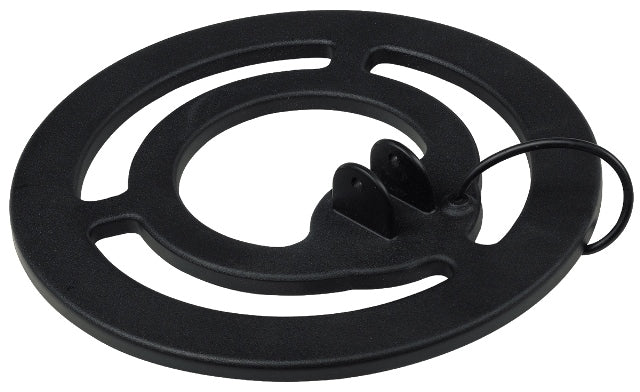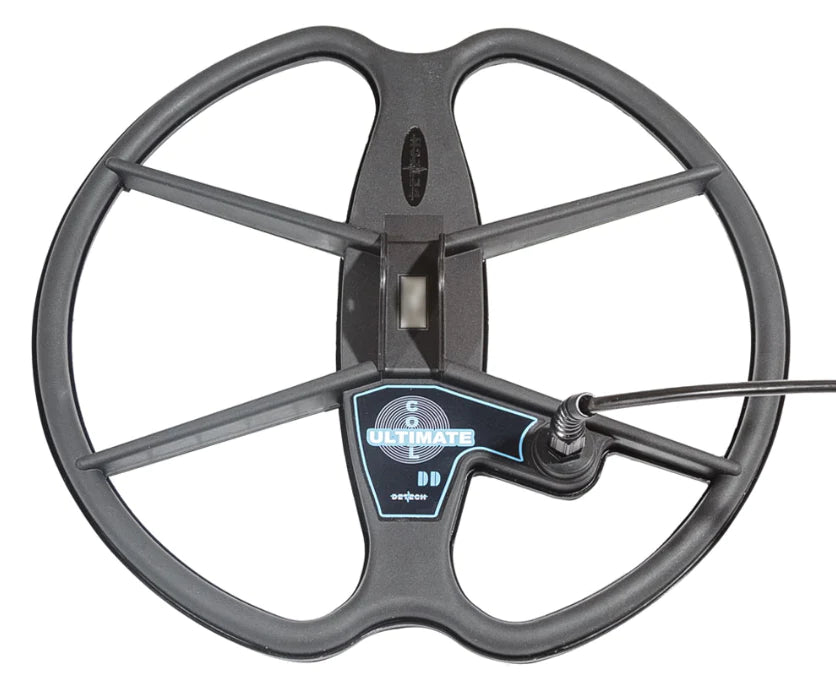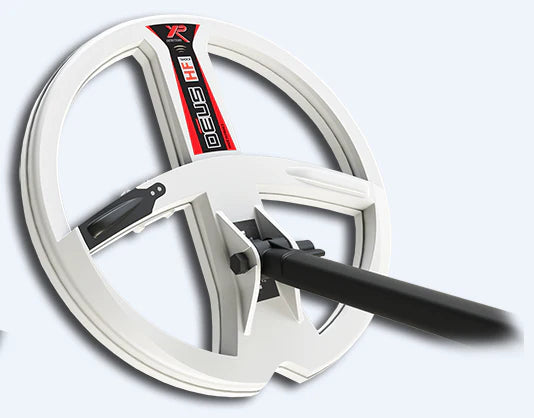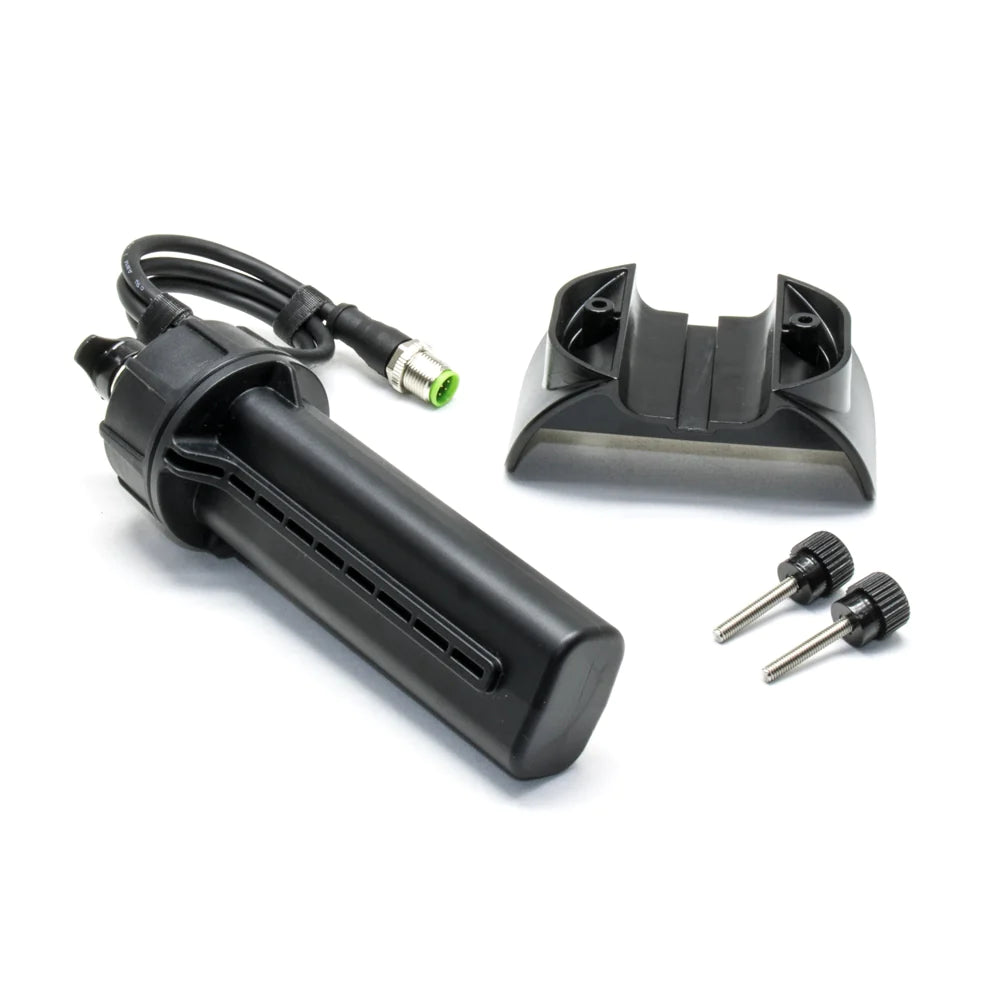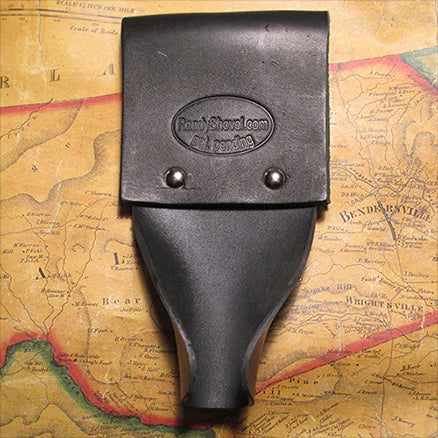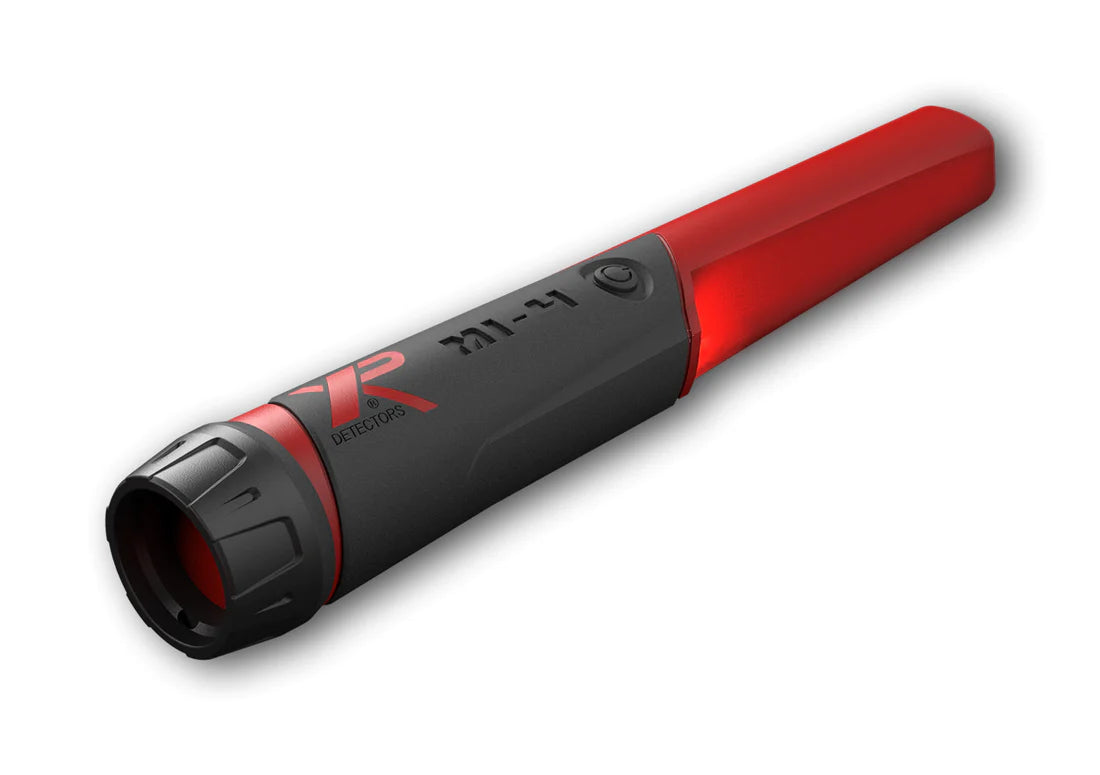Why Is Water Leak Detection Important?
Why Is Water Leak Detection Important?
Out of sight, out of mind- the leading cause of underground leak damage. Most homeowners are aware of some of the environmental hazards that may impact their homes, but few are aware of the dangers of water damage and how they may be at risk. An undetected water leak could cause an environment that is conducive to mold and mildew, putting families at risk. Any responsible homeowner will want to avoid a broken appliance or pipe costing tens of thousands of dollars in cleanup when a few small preventative measures can be taken to avoid this situation from happening. Taking a step back, household water leaks are responsible for the loss of trillions of gallons of water per year, according to the EPA. In fact, the EPA states that 10% of homes have leaks that waste 90 gallons of water per day or more. With the availability of freshwater becoming more and more scarce, it is critical that as little as possible is wasted- being able to detect and fix a water leak can help us fight back against losing such a valuable resource.
The cost of repairing caused by a can be quite high in many cases. A in your home or business can cause a lot of and be very expensive to fix. Install a near each source of so that leaks can provide with an about issues before they cause too much . systems come in a variety of types, so you should find the right one for your needs. At the first sign of a find your and turn off the .
There is a good chance that your already has a and a . A or other common can be detected by these devices before they become a problem. Finding a in your home can be a daunting task. There are many places can from, and the it can cause can be extensive. If you think you may have a in your home, here are some tips on how to find it.
Health Risks
As if the costs of a damaging water leak are not scary enough, our health is at risk. An untreated or undetected water leak can create an environment conducive to mold growth. At the very least, mold can cause injury to individuals with respiratory conditions, such as asthma, but at most long-term exposure to mold can be a serious health risk for anyone. Rashes, nasal infections, respiratory infections, nausea, lung irritation, and chronic fatigue are all symptoms of an individual living in a home with mold. Water leaks are not all the same- some water is considered white, with minimal impurities. Other types of water damage can be caused by gray water, which is commonly associated with backups from a dishwasher or washing machine. Worst of all is black water, which is toxic water that has been contaminated with sewage or sea water for example (https://www.waterdamagedefense.com/pages/water-damage-by-the-numbers). Taking a look at the numbers, white water costs approximately $3.75 per square foot to remediate, while black water is nearly double the cost to repair at $7.00 per square foot.
Economic Costs and Property Damage
Water loss and leaks are not only frustrating for homeowners and business owners but costly as well. Aside from increased water bills, the associated costs of property damage and increased insurance premiums must be considered. According to Navigant Research, as cited by Forbes, “the average city water utility in the United States loses up to 30 percent through leaks or unbilled usage." Time is money, and businesses that are down while fixing and cleaning up damage from water leaks are losing revenue. By diagnosing and correcting leaks quickly, it is possible to minimize the economic impact and extent of property damage.
Water Quality and Safety
It is important to preserve a safe water supply both locally and nationally and globally. At a local level, detecting and eliminating water leaks helps to preserve a safe and contaminant-free water supply for all to enjoy. According to the NRDC, “Waterborne pathogens, in the form of disease-causing bacteria and viruses from human and animal waste, are a major cause of illness from contaminated drinking water. Diseases spread by unsafe water include cholera, giardia, and typhoid." Keep our local entire environment and ecosystem in balance begins with finding and removing water leaks.
Environmental Impacts
According to a National Geographic article, many regions of the United States could see freshwater shortages within 50 years. While shortages are not due to one single causal factor, it is a variety of contributing factors that could make this scary fact a reality. As the annual levels of precipitation decrease and the population continues to rise droughts and lowering reservoirs are a reality for many. To increase water reliability and supply, it is important for all of us to implement water conservation techniques. Reducing and eliminating water leaks is just a first step.
I have a in my house. What should I do?
The first step is to determine if you have an . One way to do this is to check your bill for unusually high . A spike in your bill may be a sign that you have a . A can also be detected by testing the dial on your . Turn off all faucets and wait an hour if there is a . Then, read the and write down the number. If the number changes, you have a .
Another way to find a is to look for signs of . can be caused by many things, including broken , , a faulty appliance such as your system, or a malfunctioning . You may have a somewhere inside your home if you see in any part of your home. is evident by stains on the ceiling or walls, warped flooring, and mold growing on the walls. Using a metal detector will also help you find underground metal pipes that are leaking.
detectors are an important part of any home's security system. By using a , you can detect leaks before they cause extensive to your home. sensors work by detecting the presence of and will alarm you when it comes into contact with the , either shutting the system off or prompting you to manually use the shut-off valve.
In order to find a more comprehensive and affordable way to detect , you may wish to consider using a . detectors and temperatures like The Phyn Smart or Eve Guard are available at most hardware stores.
If you think you may have a , it is important to address the issue as soon as possible. The longer a goes untreated, the more it can cause. So if you think you may have a , look into a professional service.
When Should I Call a Professional Service?
provide a comprehensive assessment of your home's system. They can locate even the smallest hidden leaks, which can help prevent extensive to your home.
If you think you may have a , here are some instances when you should call a professional:
- A higher-than-normal bill
- When you see signs of or drastic changes in or efficiency
- You suspect your home's system has a
- When you can't find the without assistance
If you cannot find the source of the , or if the leaking is causing to your home, it is time to call a professional plumber. Professional have the tools and expertise needed to find even smaller leaks. sensors like the have the ability to detect underground and can detect a before it becomes a costly emergency.
They can also help you fix the problem and minimize the caused by the . Professional can help you protect your home and your wallet. Some benefits of using one of these emergency services include:
- A comprehensive assessment of your home's system
- The ability to locate even the smallest leaks
- Drain cleaning & correcting
- Ability to install sensors
- Help minimize caused by a
If you think you may have a , it is important to address the issue as soon as possible. The longer is allowed to , the more it can cause to your structure and . So if you think you may have a , look into installing sensors, an entire , or hire a professional service.
Mitigating Risks With Leak Detection and Technology
The economic costs of water leaks impact individuals and businesses alike. Creating a plan to review, identify, correct water leaks in homes and business facilities can reduce the risks. The health and safety of individuals and the environment is at risk as undetected water leaks remain. The impacts of disease and chemicals that can enter the water we drink can lead to cancer and other negative health impacts on the human body. Acting decisively and quickly can reduce the environmental costs of water leaks. Procrastination and failure to address the signs of water leaks can lead to more challenging situations to clean up down the road.
Water leaks can be detected by using modern technology. It is important first to identify the types of pipes you are locating. Pipes can be divided into three categories. Ferrous pipes, non ferrous pipes and plastic water pipes.
Ferrous pipes are made of iron or steel. These pipes are easily located with a magnetometer or magnetic locator. Wide range of devices can easily locate these pipes at great depths. If the type of pipe is known, a magnetometer is a great choice in that it is not sensitive to other metals and will reduce false positives. Before excavation or digging at great depth, it is important to be sure you are digging for the correct target. To this end, this type of device can save a good amount of time and money on your next project.
The second category of pipes are nonferrous pipes. These are typically made out of other metals such as copper. Non ferrous pipes can be located using an all-metal type metal detector. Depending on the depth of the pipe a standard industrial metal detectors or a two-box style metal detector may be chosen. The standard models are ideal for finding pipes and valves less than one meter in depth. Deep seeking or two box style metal detectors are used for locating pipes at great depth. Some models can provide discriminating capabilities to separate the ferrous from non ferrous metals. This can help to save effort, time, and cost when undertaking an excavation project.
The third category of buried pipes are plastic or PVC pipes that are buried at great depth and or distances. These can be located using a plastic water pipe detector.
Finally, we can see how this technology is used in leak detection for water and underground metal pipes. Once the pipe has been located using one of the detectors above, a water leak detector can be employed to pinpoint the leak. These devices are commonly referred to as water leak detection devices. Each device contains a super sensitive listening microphone that will allow you to hear the leaks. These devices can be used to detect leaks in concrete slabs, pools and under paved and unpaved surfaces. This device allows you to quickly and easily pinpoint the source of water leaks. The devices operate at a variety of frequencies to provide the best opportunity for locating all types of water leaks. These devices are used specifically for locating water leaks. These units are not designed for locating gas leaks or other types of underground leaks.
In our article, "6 Types of Plumbing Pipes Used in Homes" we discuss leaks that can be found in a variety of pipes, including PEX pipes, PVC pipes, Copper pipes, ABS pipes, Cast Iron pipes, and Galvanized pipes. Be sure to read our other articles in this series which include: "9 Signs of a Water Leak" and “How Do Leak Detection Systems Work?" and "What Are Magnetic Pipe Locators and How Do They Work?" and "How Construction Workers Use Technology".
Copyright 2021 Detector Electronics Corp. - Revised July 30, 2022

